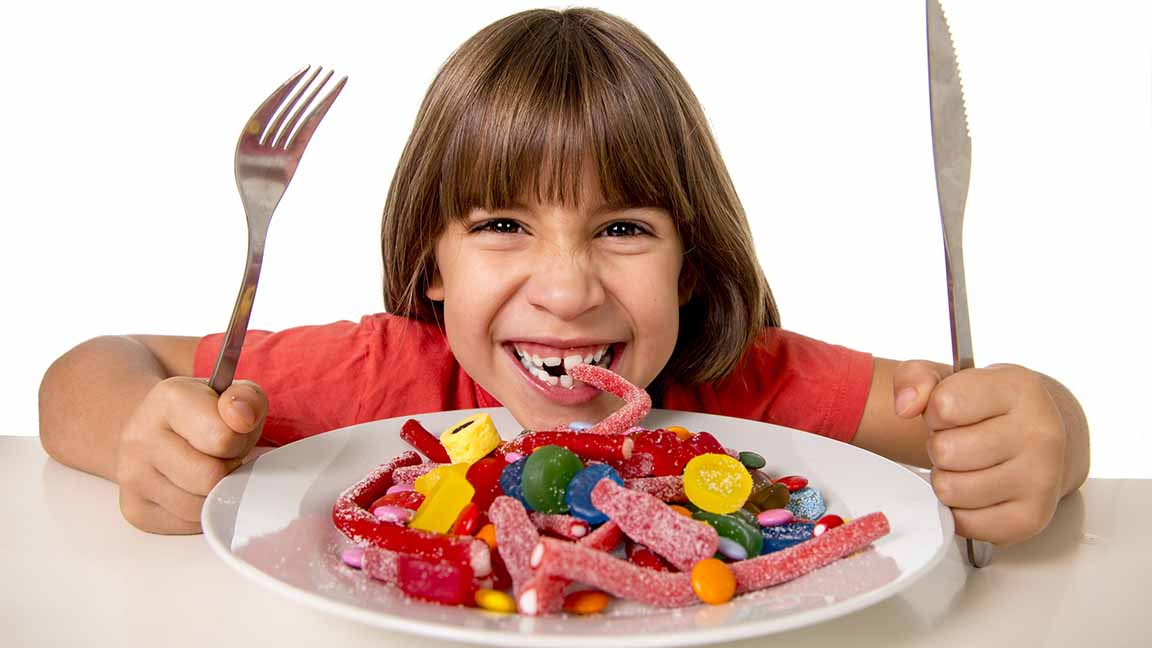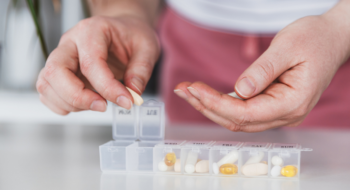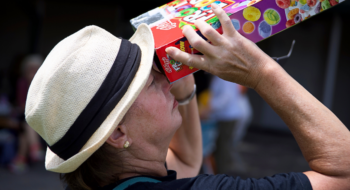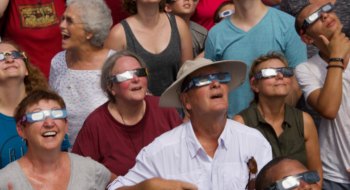For many parents, the scary part of Halloween isn’t the spooky surroundings – it’s the abundance of sweets that seem to turn their otherwise well-behaved children into hyperactive energy balls.
The sugar in candy has long had the reputation of giving kids a rush of energy, but how much of that is true? Dr. Vasudha Jain, co-chief resident physician at Tidelands Health Family Medicine at Holmestown Road, separates fact from fiction.
“A few studies decades ago suggested a potential link between sugar and hyperactivity, but by 1982, the National Institutes of Health announced that there was no scientific proof of the so-called sugar rush among otherwise healthy people,” says Dr. Jain. “Since then, additional research has failed to find a definitive link.”
Disproving the myth
Indeed, blind studies have found that sugar intake did not seem to affect behavior among children.
A 1995 analysis published in “The Journal of The American Medical Association” examined 23 such studies. Children in the studies were given sugar or a placebo, and neither the children or their parents knew which the child received.
The analysis found no discernible difference in the behavior of the children, though researchers didn’t rule out the possibility that sugar may have some kind of small effect or affect a subset of youngsters.
Other research has pointed to a different reason for the myth behind the sugar rush: parental expectations. A 1994 study published in the “Journal of Abnormal Child Psychology” suggested that parents who believe sugar affects behavior are more likely than their counterparts to perceive their children as hyperactive after consuming a sugary drink.
“Plus, events where children tend to have more sugar, like birthday parties or sleepovers, are also events where there is more excitement,” says Dr. Jain. “It may be the excitement of the event that leads to the sugar-rush effect people think they’re seeing.”
Just because sugar isn’t as potent as some may think, doesn’t mean you should allow your child to consume it liberally. High sugar consumption has been linked to a number of health problems.
“Sugar rushes may be more myth than fact, but the link between sugar consumption and childhood obesity and diabetes is not,” says Dr. Jain. “A little extra sugar on Halloween night or at a holiday party may be OK, but high-sugar foods shouldn’t be a regular part of a child’s diet.”

Dr. Vasudha Jain
Family Medicine Physician, Tidelands Health Family Medicine at Holmestown Road
Bio
Dr. Vasudha Jain is a family medicine physician who practices at Tidelands Health Family Medicine at Holmestown Road.
Learn MoreMedical Education
Medical Education
Loyola University
Ross University School of Medicine
Residency
Tidelands Health MUSC Family Medicine Residency Program
Meet the Expert
Dr. Vasudha Jain
Dr. Vasudha Jain is a family medicine physician who practices at Tidelands Health Family Medicine at Holmestown Road.






